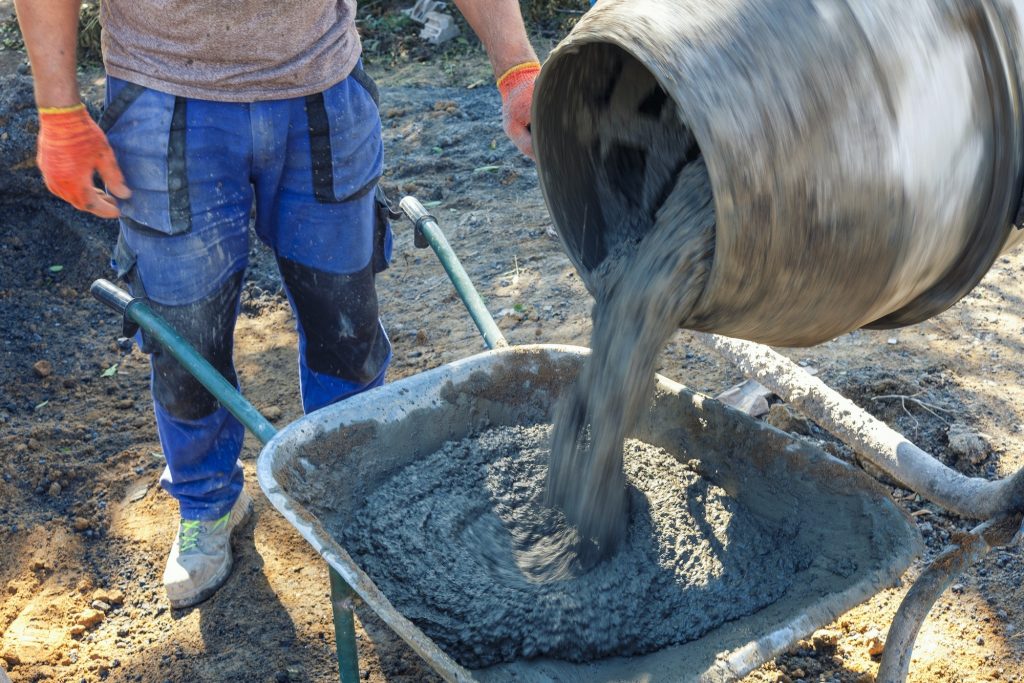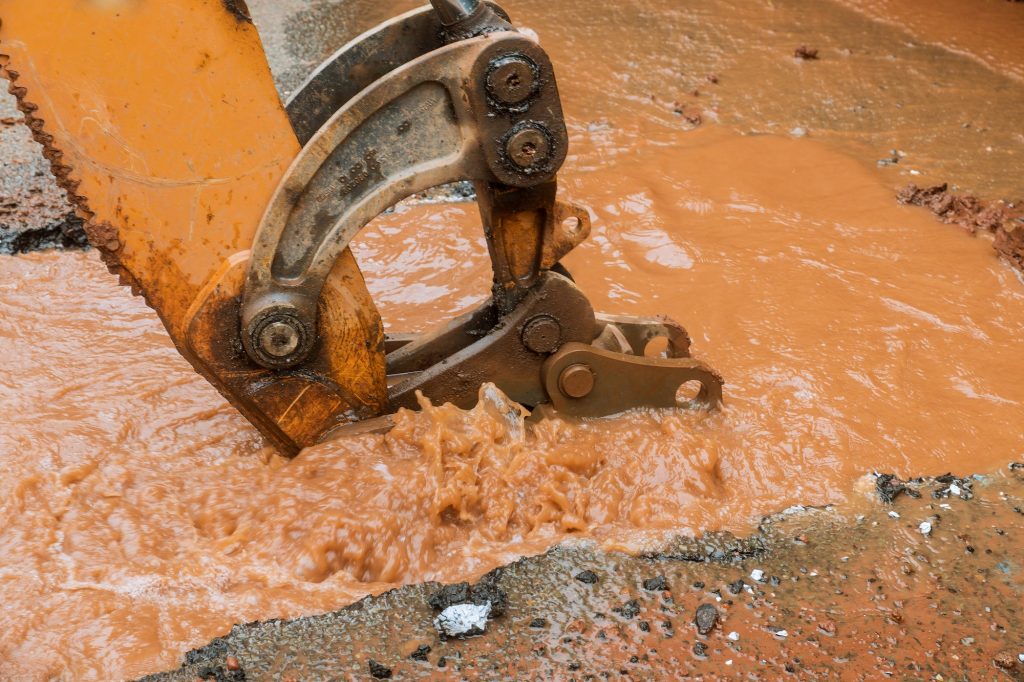Water filters are an essential item in every household. They are used to remove impurities and contaminants from drinking water, making them safer and more enjoyable to consume. In this article, we’ll discuss different types of water filters and how to choose the right one for your home.
Introduction
Water filters are devices designed to remove impurities and contaminants from water. They come in different shapes and sizes and can be installed under the sink, on the countertop, or even in a pitcher.
The importance of water filters cannot be overstated. Water is a precious resource, and it is essential to ensure it is safe to drink. Contaminants such as lead, chlorine, and pesticides can be present in tap water and have serious health effects.
The purpose of this article is to provide you with the information you need to choose the right water filter for your home. We’ll cover the different types of water filters available and what you must consider when deciding.
Types of Water Filters
Several types of water filters are available, each with its unique set of benefits and limitations. The four main types of water filters are:
- Carbon filters
- Reverse osmosis filters
- Ultraviolet filters
- Ceramic filters
Considerations When Choosing a Water Filter
When choosing a water filter, there are several factors to consider. These include:
- Source of water: The type of water filter you choose will depend on your water source. For example, if you have a private well, you may need a different filter than connected to a municipal water supply.
- Type of contaminants: Different water filters are designed to remove different contaminants. You’ll need to know what contaminants are in your water to choose a filter that will effectively remove them.
- Family size: The size of your family will affect the type of water filter you need. A larger family will require a filter with a higher capacity, while a smaller family may be able to get by with a smaller filter.
- Budget: Water filters can range in price from a few pounds to several hundred pounds. Choosing a filter that fits your budget while still providing the level of protection you need is essential.
Carbon Filters
Carbon filters are one of the most common types of water filters. They work by removing impurities and contaminants from water as it passes through a carbon block.
The benefits of carbon filters include:
- They are relatively inexpensive
- They are easy to install
- They remove a wide range of contaminants, including chlorine, pesticides, and volatile organic compounds (VOCs)
The limitations of carbon filters include:
- They are not effective at removing all contaminants
- They require regular replacement
- They have a limited lifespan
Reverse Osmosis Filters
Reverse osmosis filters use a semi-permeable membrane to remove impurities and contaminants from water. They work by forcing water through the membrane, which removes pollutants while allowing clean water to pass through.
The benefits of reverse osmosis filters include:
- They are highly effective at removing a wide range of contaminants, including lead, nitrates, and fluoride
- They have a longer lifespan than carbon filters
- They are easy to install
The limitations of reverse osmosis filters include:
- They are relatively expensive.
- They require a dedicated faucet
- They waste a lot of water
Ultraviolet Filters
Ultraviolet (UV) filters use UV light to kill bacteria, viruses, and other pathogens in water. They are often used with other types of filters to provide a complete solution.
The benefits of ultraviolet filters include:
- They are highly effective at killing pathogens in water
- They are easy to install
- They require minimal maintenance
The limitations of ultraviolet filters include:
- They are not effective at removing all contaminants
- They can be expensive
- They require a power source
Ceramic Filters
Ceramic filters use a ceramic element to remove impurities and contaminants from water. They are often used in conjunction with other types of filters to provide a complete solution.
The benefits of ceramic filters include:
- They are highly effective at removing impurities from water
- They have a long lifespan
- They are easy to clean and maintain
The limitations of ceramic filters include:
- They can be expensive
- They are not effective at removing all contaminants
- They can clog easily
Factors to Consider When Selecting a Water Filter
When selecting a water filter, there are several factors to consider. These include:
- Quality of water: Your water’s quality will affect your desired filter type. You may need a more advanced filter if your water is high in contaminants.
- Contaminant removal requirements: Different filters are designed to remove different contaminants. Make sure you choose a filter capable of removing the contaminants in your water.
- Maintenance requirements: Some filters require more maintenance than others. Make sure you choose a filter that is easy to maintain and replace.
- Cost: Water filters can range in price from a few pounds to several hundred pounds. It’s important to choose a filter that fits within your budget while still providing the level of protection you need.
The Importance of Regular Maintenance
Regular water filter maintenance is essential to ensure it continues to work effectively. Benefits of regular maintenance include:
- Improved water quality: Regular maintenance will help keep your water clean and contaminant-free.
- Longer lifespan: Regular maintenance will help extend your filter’s lifespan, saving you money in the long run.
- Better performance: Regular maintenance will help to ensure that your filter is working at its best, providing you with the highest quality water.
Here are some maintenance tips to keep in mind:
- Replace the filter regularly: Make sure to replace your filter regularly, as recommended by the manufacturer.
- Clean the filter regularly: Regular cleaning will help to keep your filter working at its best.
- Store the filter properly in a cool, dry place to ensure it lasts as long as possible.
Comparison of Different Water Filters
When choosing a water filter, it’s important to compare the available options. Here’s a comparison of carbon filters and reverse osmosis filters:
- Carbon filters are relatively inexpensive and easy to install. They remove many contaminants but are ineffective at removing all impurities. Reverse osmosis filters are more expensive and require a dedicated faucet, but they are highly effective at removing a wide range of contaminants.
Here’s a comparison of ultraviolet filters and ceramic filters:
- Ultraviolet filters are highly effective at killing pathogens in water but not effective at removing all contaminants. Ceramic filters are highly effective at removing impurities from water but can be expensive and clog easily.
Top Brands for Water Filters
Many water filter brands are available, but not all of them are created equal. Here are four of the top brands to consider:
- BRITA: BRITA is a well-known brand that offers a wide range of water filters, including pitchers, faucet-mounted filters, and under-sink filters.
- Aquasana: Aquasana is a brand that specializes in high-quality water filtration systems. They offer a wide range of products, including under-sink, shower, and whole-house filters.
- DuPont: DuPont is a brand that offers a wide range of water filters, including faucet-mounted filters, under-sink filters, and pitcher filters.
- Culligan: Culligan is a brand that specializes in high-quality water filtration systems. They offer a wide range of products, including under-sink, whole-house, and shower filters.
Conclusion
In conclusion, water filters are an essential item in every household. They are used to remove impurities and contaminants from drinking water, making it safer and more enjoyable to consume. When choosing a water filter, it’s essential to consider the source of your water, the type of contaminants present, the size of your family, and your budget. Various kinds of water filters are available, including carbon filters, reverse osmosis filters, ultraviolet filters, and ceramic filters. Each type of filter has its own unique set of benefits and limitations, and it’s essential to choose a filter capable of removing the contaminants present in your water, is easy to maintain, and fits within your budget. Regular water filter maintenance is essential to ensure that it continues to work effectively and provide you with the highest quality water. There are many brands of water filters available, but four of the top brands to consider are BRITA, Aquasana, DuPont, and Culligan.
FAQs
- What is the best type of water filter for my home? The best kind of water filter for your home will depend on the source of your water, the variety of contaminants present, the size of your family, and your budget. Consider these factors when choosing a water filter.
- How often should I change my water filter? The frequency with which you need to change your water filter will depend on the filter type and quality of your water. It’s best to follow the manufacturer’s recommendations.
- Can I install a water filter myself? It depends on the type of water filter you choose. Some filters, such as pitcher and faucet-mounted filters, are easy to install and can be done by anyone. Other filters, such as under-sink and whole-house filters, may require professional installation.
- What are the signs that I need to change my water filter? There are several signs that you need to change your water filter, including a decrease in water pressure, an increase in the number of contaminants in your water, and a change in the taste or odor of your water.
- How can I determine what type of contaminants are in my water? The easiest way to determine what contaminants are present in your water is to have it tested by a professional. Your local water authority may also be able to provide information on the quality of your water.



